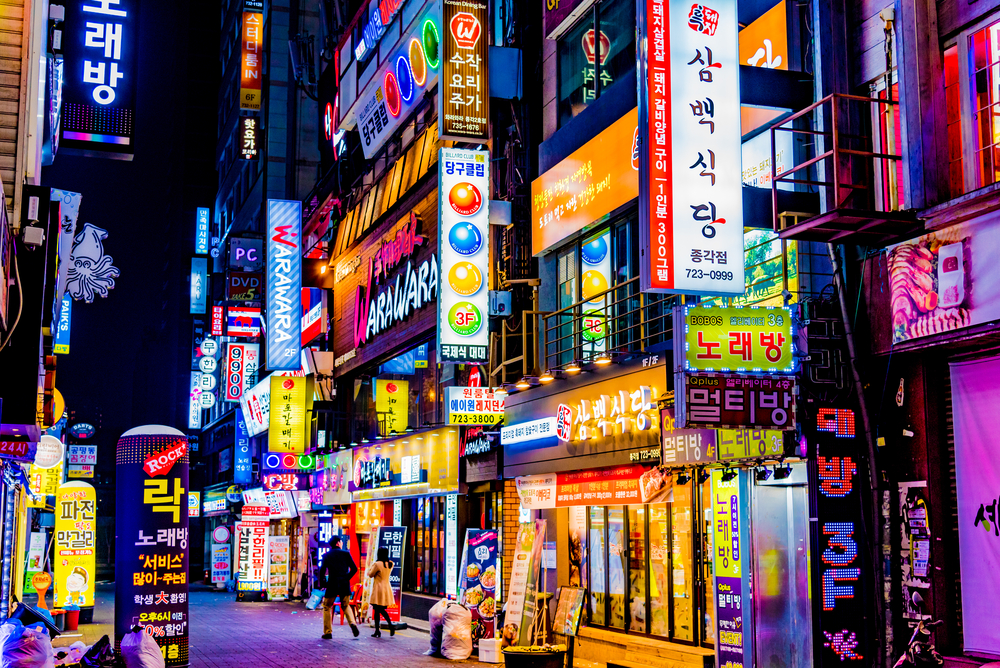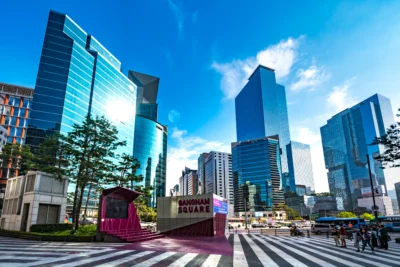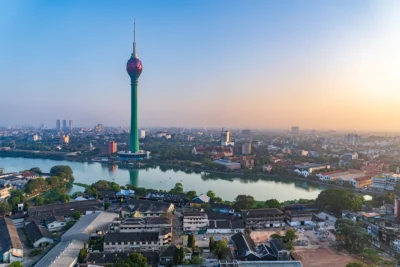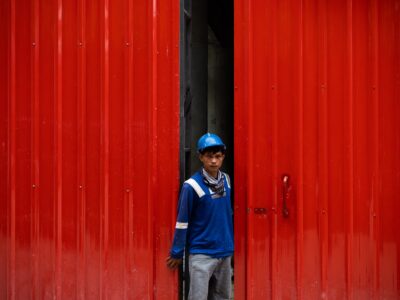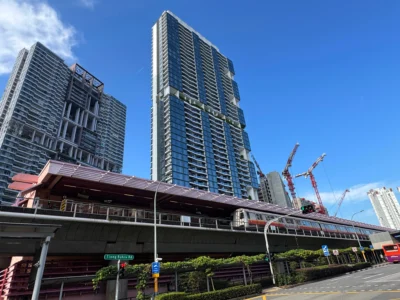Korean health and beauty retail plunge for first time in 2020
The pandemic caused 31 health and beauty stores to close, as consumers switch to online shopping
The number of prominent retailers’ beauty stores in South Korea plunged for the first time in 2020, as consumers shifted towards e-commerce during the pandemic, reported The Korea Herald.
As of December last year, South Korea’s three biggest health and beauty chains, Olive Young, lalavla, and LOHB’s, had a total of 1,484 outlets across the country, 31 stores down from a year earlier, based on data released on the electronic disclosure system of the Financial Supervisory Service.
Retail conglomerate CJ Group manages industry leader Olive Young, with Lotte Shopping Co. and GS Retail Co. running LOHB’s and lalavla, respectively.
Lotte Shopping said that the data published on their websites and business reports enabled them to calculate the number of health and beauty shops in Asia’s fourth-largest economy.
In their estimation, LOHB’s outlets dropped to 101 in 2020 from 129 in 2019 at a recent regulatory filing. GS Retail also disclosed that the number of lalavla stores shrank to 124 from 140 during the same period.
Last year’s plunge was a contrast from the steady increase in the past few years. In 2019, the number of such local shops increased to 1,515 from 1,488 in 2018, 1,358 in 2017, and 1,014 in 2016.
More: Vacancy rates of street shops in Hong Kong likely to stabilise
However, the pandemic has heavily affected these health and beauty chains, inducing consumers to switch to online platforms, leading brands to downsize in a turnaround from their intense competition to launch more outlets.
For instance, Olive Young’s online sales rose by 62 percent in 2020 from a year earlier.
Moreover, the drop in physical stores is also a result of domestic and foreign cosmetics makers increasingly collaborating with local portals to directly sell their products online.
Recommended
Seoul’s luxury homes roar back on global demand and scarcity
Once cooled by demographics and policy, the South Korean capital's luxury housing market is surging again
South Asia’s property markets edge back from the brink
After years of turmoil, South Asia’s real estate sectors are stirring back to life, buoyed by reform and renewed investor confidence
How property can be a force for good in Asia
Real estate is no longer seen only as an engine of profit but as a measure of how societies value people
What comes next for Southeast Asian real estate in 2026
From return-to-office realities to climate and tech disruptions, Southeast Asia’s residential markets are being reshaped by deeper forces

